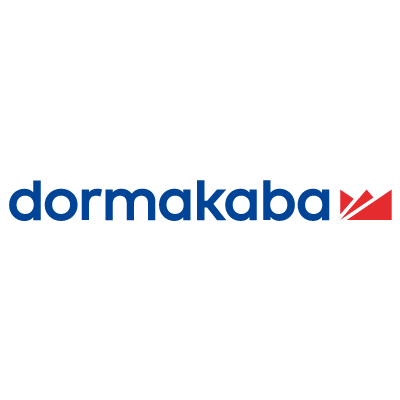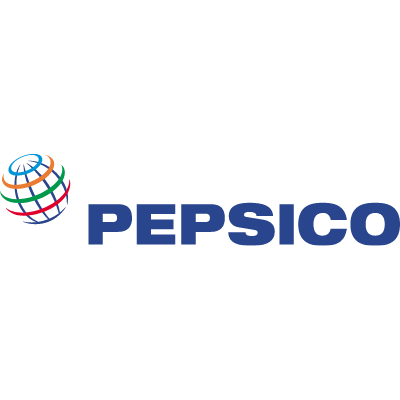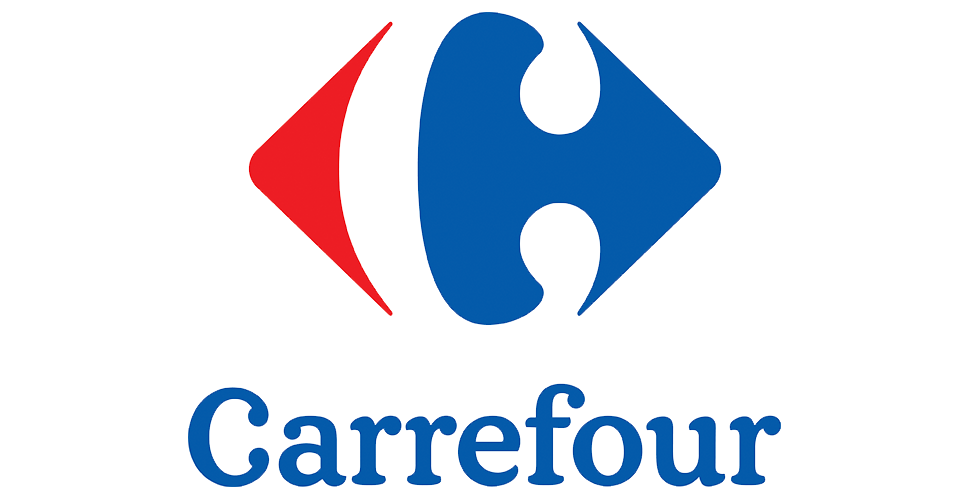Digital transformation is underway across various industries, and the pharmaceutical sector is no exception. The incorporation of digital tools for Business Process Optimization (BPO) has the potential to enhance key performance indicators, cost-effectiveness, development and production speed, and customer satisfaction. These process enhancements can also play a crucial role in error prevention and streamlining regulatory compliance. In this article, we share our experience on how to optimize business processes in the pharmaceutical industry.
Business process optimization and digital transformation in the pharmaceutical industry
Leveraging digital tools for business process optimization is a well-established trend across contemporary industries. The pharmaceutical sector is no exception, and optimizing business processes in this field holds significant value, possibly more so than in many other industries. Given the highly competitive nature of this environment, gaining a competitive edge over other players is crucial. This can be achieved through either innovation or cost reduction. Additionally, business operations in the pharmaceutical industry demand a highly skilled workforce, which is not only expensive but also challenging to acquire.
Many pharmaceutical companies are exploring cost-saving measures, and one avenue they have pursued is the outsourcing of business processes. This trend is anticipated to burgeon into an industry exceeding $800 billion by 2030. Nevertheless, achieving financial savings through outsourcing in the pharmaceutical sector is not universally optimal or feasible, primarily due to the industry’s stringent regulations. Consequently, a more viable alternative could be optimizing business processes through digital methods.
Digital transformation and compliance
The extensive regulatory framework provides a compelling rationale for embarking on a business process optimization initiative. Compliance with Good Manufacturing Practice (GMP) is paramount in the pharmaceutical sector, and digital methods can greatly facilitate compliance. Regulatory authorities mandate a seamless, well-managed, and easily accessible documentation trail that meticulously records each stage in production and development processes. Furthermore, documentation and overall business process optimization are essential for securing certifications like ISO quality management certificates. Digital tools offer significant enhancements in document circulation, consistency, and storage, contributing to a more streamlined and compliant operational environment.
In the Polish context, the relevant regulatory framework is the Integrated System for Monitoring Trade in Medical Products (Zintegrowany System Monitorowania Obrotu Produktami Leczniczymi, ZSMOPL), which allows for sales of drugs to be monitored at both the wholesale and retail levels and for information to be transmitted to the relevant institutions in digital form. The main objective of ZSMOPL is business process optimization in the field of drug sales. Reporting through the platform has been a requirement since 2019.
Read more on bespoke software development:
How to choose a tech stack—10 factors every CTO/CIO should consider
Azure OpenAI services: potential business use cases
Is ChatGPT dreaming of conquering the world? Generative AI in business
The power of generative AI at your fingertips—Azure OpenAI Service
Business process optimization in the pharmaceutical industry—7 practical use cases
10 reasons you should consider legacy system modernization
Why build a custom e-commerce platform for B2B clients in the manufacturing industry?
How to choose an enterprise software development company—a checklist for CTOs
Speed and efficiency
The COVID-19 pandemic has underscored the imperative to enhance efficiency and speed across fundamental processes like research, development, and production. Digital transformation, encompassing business process optimization, emerges as a means to expedite these processes. This acceleration is applicable not only to production procedures and general management but also to research and development (R&D) and clinical trials. In the latter scenario, digital transformation not only streamlines business processes, hastening data processing, but also enhances result quality, potentially increasing the likelihood of drug approval and fostering improvements in customer satisfaction. Additionally, digital tools play a role in preventing the counterfeiting of medicines.
The goal of “speeding things up” may be at odds with traditional application development processes, which can take a lot of time. One popular approach to rapid application development (RAD) is to use no-code platforms, but they might not be sufficient in the highly regulated environment of the pharma industry or for precise solutions.
This is where low-code development might be used, as it combines the advantages of no-code development (RAD and accessibility to experts in other fields, who are not necessarily programmers) with the ability to design highly specialized and precise functionalities. The use of low-code platforms for digital process optimization has the advantage of being fast and accessible while allowing for the use of custom code, e.g., for creating a user interface or database.
These advantages are especially important for enterprise clients, where you need to build flexible and cost-effective solutions that match the specific context of the company. Low-code platforms allow you to start fast, while custom code makes it possible to adjust the system to the requirements or add functionalities that are not available with a low-code solution, e.g., a UI or a specific type of storage.
Other technologies that we have found useful in such cases include .NET and Azure, which are good for corporate class systems, because major companies often already use Microsoft’s technology stack.
Business process optimization—examples based on real use cases
A digital business process optimization project can take on many forms, so let us take a look at some possible ways business processes may be improved through the use of digital tools, based on our experience.
Document management to ensure compliance with GMP standards
GMP compliance is crucial in the pharmaceutical industry because of the high risks associated with mistakes and because it is often required by regulatory bodies. With digital tools, the quality control department can easily ensure and monitor compliance of the workplace instructions with good manufacturing practices. They also ensure high quality, as every employee always has up-to-date workplace instructions. The document management process becomes streamlined and highly automated. This also reduces the risk of errors, thanks to advanced mechanisms ensuring that documents are correct and have been reviewed and accepted.
We have built such a document management system using the K2 low-code platform, .NET, and Angular.
Business operations—monitoring trade in medical products
The purpose of business process optimization might also be to ensure compliance with state regulations regarding sending reports on trade in medical products, such as is required by the Polish Integrated System for Monitoring Trade in Medical Products (Zintegrowany System Monitorowania Obrotu Produktami Leczniczymi, ZSMOPL). As mentioned before, this is a digital platform through which all entities dealing in pharmaceutical products in Poland have to regularly report all trade.
We have designed and built a custom solution for reporting trade in medical products to the central system, using .NET, MS SQL Server, and Angular. It greatly reduced the need for manual labor, as it automatically validates and sends data. Crucially, it ensures that legal requirements are met over time, as the data format is adjusted to the changing requirements of the central system.
Business process optimization project—product development
Using a number of technologies, such as the K2 low-code platform, .NET, Angular, MS SQL Server, and Java, we have created a product development system for one of our clients. What has it achieved in terms of business process optimization? First, process optimization—the system ensures that all manufacturing stages are fulfilled, all stakeholders and decision makers are involved, and all the required documents are attached.
Improvements to process efficiency include shortened time-to-market, allowing a new or modified pharmaceutical product to be registered and released to the market faster. Second, the software allows for enhanced monitoring, as all elements related to the development of a new product (specification, documentation, project team, decision makers, registration procedure, packaging, etc.) are handled by one system.
Managing complaints related to pharmaceutical products
Another of our projects involved a complaints management system integrated with the client’s software, to ensure smooth data flow, and with the Kamsoft software used by pharmacies, which allows them to send complaints directly. The whole system is also compliant with the GAMP 5 (Good Automated Manufacturing Practice) requirements related to the validation of IT systems working in the area of pharmaceutical manufacturing. We used K2, .NET, and MS SQL Server in this project.
What are the benefits of such a business process optimization system? First, it ensures compliance with industry regulations—in Poland the complaint management process is regularly audited by the Chief Pharmaceutical Inspectorate—and with the GAMP 5 regulations. The system achieves the desired, positive results in an accurate, consistent, and repeatable manner.
Another benefit is streamlining of the current process. Complaints are handled faster, with due diligence and fewer mistakes, while staying connected with end clients (pharmacies and pharmaceutical wholesalers).
Ensuring compliance of marketing activities with internal regulations of the company
A pharmaceutical business is still a business and is involved in business operations. Thus, any process optimization plan should include typical tasks, such as marketing. However, it must be noted that pharmaceutical companies need to comply with regulations regarding this area of their operations as well, which means that they may require purposely built tools in a marketing process optimization effort.
The benefits of optimizing business operations in the field of marketing through digital transformation are threefold. First, it provides improved work efficiency. Time-consuming tasks are sped up and the amount of manual labor is considerably reduced. Second, it ensures internal and external compliance. Finally, it ensures better control over processes, as users can generate reports that make it possible to manage them better.
We have created a system to ensure compliance of marketing activities with internal regulations and their cost control, using K2, .NET, and Angular.
Managing financial documents to streamline daily operations
Another business process common to both pharmaceutical and other companies, where a process optimization effort through the use of software could bring a competitive advantage, is managing financial documents.
There are a few advantages to making improvements to existing processes through the use of software. The first is, as always, reduced manual labor. The document management processes can be streamlined and some financial settlements can be automated. The entire process is thus sped up, as the system tracks progress and sends notifications to responsible employees if any action is needed. Finally, digitizing the process allows for enhanced monitoring, as the system should allow the users to create reports and make sure no document or step in the process is missing.
We have completed a financial document management process optimization project using K2, .NET, Angular, and MS SQL Server.
Streamlining business processes reporting
The last of the core processes common to all businesses, where digital transformation may allow a company to streamline operations, is business reporting.
The benefits of digital business process improvement are twofold. First, data quality is ensured, as the system makes it possible to identify golden records, i.e., the correct data variants. Second, accurate reporting is also ensured because reports based on correct data are trustworthy. Accurate reporting is an important part of business process management and digitization can make for more efficient processes.
We have built a system to ensure accurate business reporting by identifying correct data using .NET, Angular, and Azure.
Business process optimization in the pharmaceutical industry in 2024—conclusion
Industry leaders will tell you that success requires continuous improvement. Inefficient processes must be replaced with either new processes or optimized processes.
Digital transformation is a road to process improvement, all the more valuable in a highly competitive and strongly regulated industry such as pharma. Maintaining consistent standards and thorough documentation of all processes is important both to gain a competitive advantage and to ensure compliance with regulatory bodies (such as the Polish ZSMOPL system) and GMP standards. Using digital tools to monitor trade in pharmaceuticals can greatly improve process efficiency and reduce costs and error rates.
Digital tools can also be used to create an optimized process of research and development. A digitized complaints process can have a direct impact on improved customer satisfaction and increased efficiency.
This article was originally published February 13, 2023, and updated January 26, 2024.











